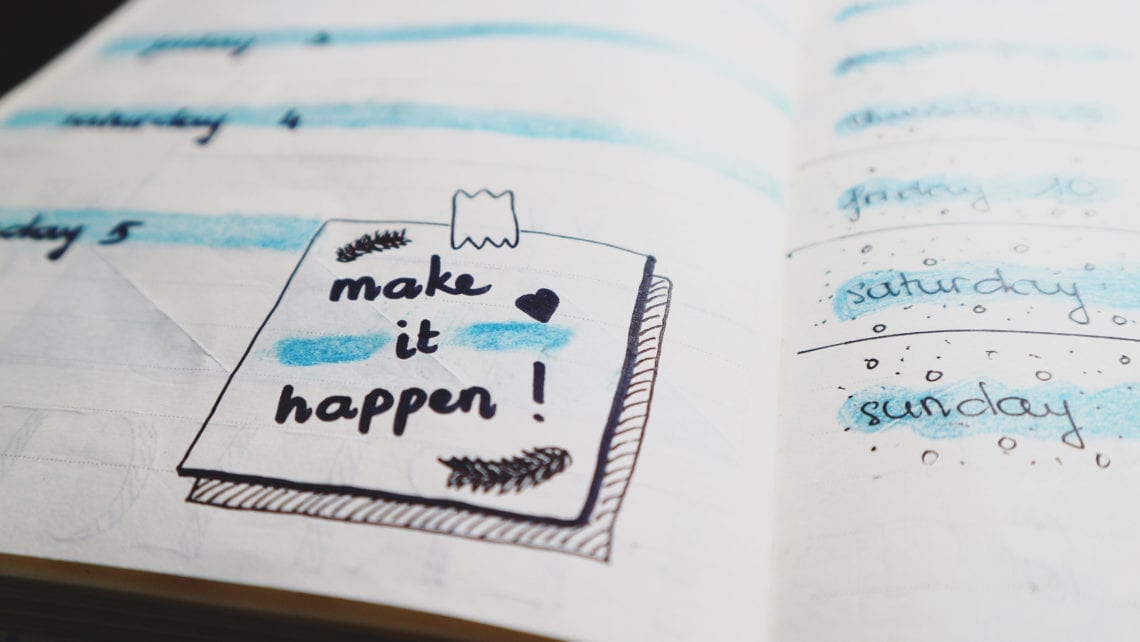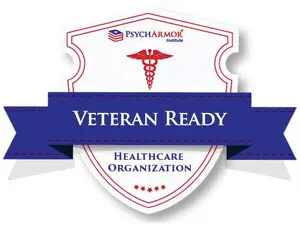Tips for Creating a Relapse Prevention Plan
You have worked hard to get sober and maintain your health and wellness after long-term drug or alcohol use. A relapse can undo the progress you’ve made by causing you to return to old, unhealthy habits. To ensure your ongoing recovery is successful, you must learn to recognize the warning signs of a potential relapse and rein it in before you get pulled back into the cycle of abuse. With that in mind, here are our top tips for creating a rock-solid relapse prevention plan.
Protecting Your Sobriety
Committing to a sober lifestyle is one of the most significant life changes you will ever make. Because of the way addiction fundamentally rewires the neural pathways in your brain, recovery is an ongoing process that requires you to retrain your brain to live without drugs and alcohol. For every success you celebrate, there will be pitfalls you need to navigate your way clear of, one of which is the temptation to drink or use drugs again.
Many factors can trigger a relapse, including stress, loneliness and environmental cues. For example, if you’ve had a challenging day at work, driving past a bar you used to frequent can cause the little voice in your head to tell you, “I’ll just stop in for a minute. What harm can one beer do?”
Addiction is a complex disorder, and completing rehab does not cure you. If you don’t stick to your recovery plan, a relapse can happen. However, relapsing does not mean you have failed or that you can’t start over with actively pursuing your recovery.
Creating an Effective Relapse Prevention Plan
Developing a relapse prevention plan is an integral part of your successful recovery from drug or alcohol addiction. Though you’ll need to craft your strategy based on your unique needs, goals and triggers, the ideas below can give you a good starting point.
1. Self-Assess
Why did you drink or use drugs before you decided to get sober? Did you believe it would help insulate you from difficult emotions, or did you use these substances as an escape from everyday life? Recognizing how and why you drank or used drugs can help you identify the root causes of your substance abuse disorder. If you have relapsed into substance misuse in the past, it can also help to reflect on the circumstances surrounding those instances and use them as a tool to prevent future problems.
2. Recognize Red Flags
A relapse is not an isolated event, but rather a series of circumstances. The warning signs often emerge well before someone picks up old habits, so it’s essential to know your triggers. For example, maybe you have an overbearing boss who makes your workdays more stressful, or you are experiencing friction with your partner that is a significant source of tension in your life. Identifying your warning signs early on gives you time to talk to your therapist or sobriety sponsor before things spiral out of control and make a relapse all but inevitable.
3. Ask for Help
Addiction recovery isn’t a solo journey. To remain resilient, you must learn how to overcome the isolation of addiction and ask for help when you are going through a rough spell. Reach out to a friend or close family member and ask them if it’s OK to call them when your cravings feel unmanageable. Seek healthy distractions, such as meditation or volunteer work, that keep you mentally and physically occupied and provide you with an outlet to fill the hours you used to spend using drugs or alcohol.
A Fresh Start Is Waiting for You
If you are looking for a place to begin your recovery journey, explore our addiction treatment options today. Seabrook’s caring and experienced staff members will help you learn how to regain your health and equip you with the tools you need to prevent a relapse and preserve your recovery. Take our self-assessment to determine if you are a good candidate for drug or alcohol rehab, then connect with us and get the help you need.




